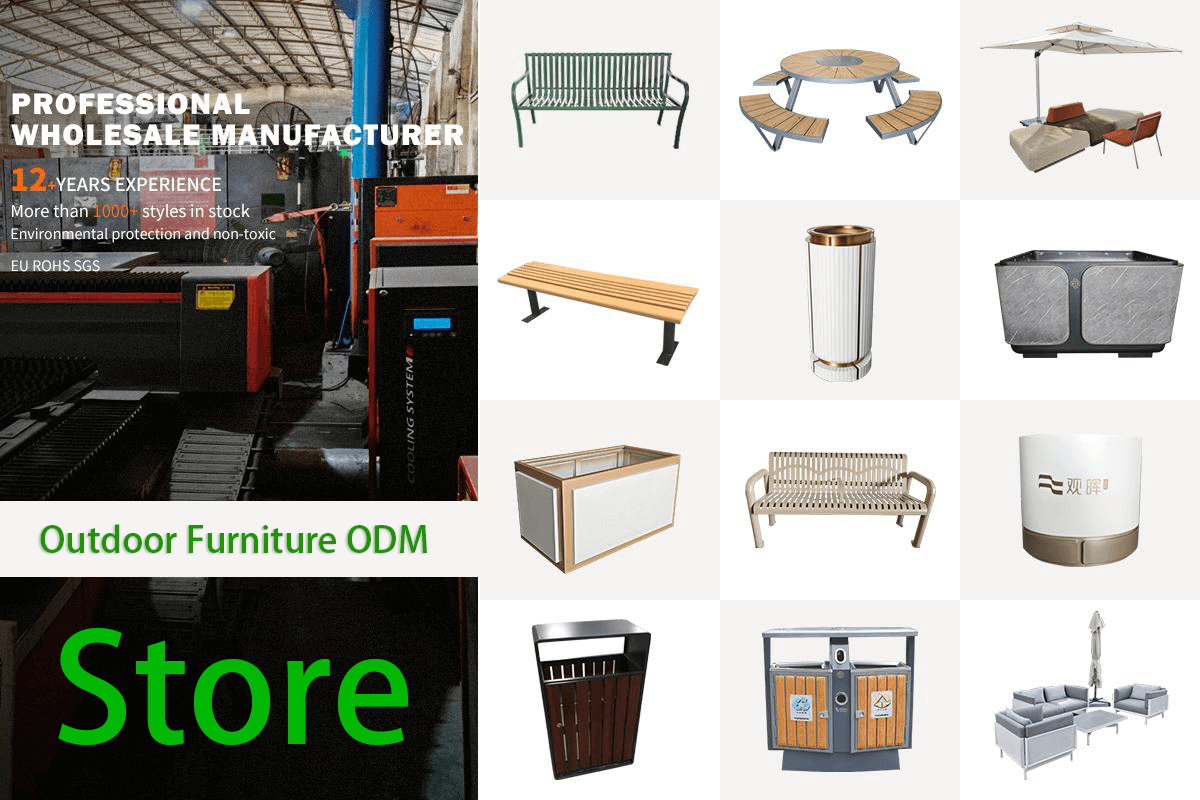What are the key differences between benches designed for residential versus commercial use?
Discover the key differences between residential and commercial benches, including design, materials, and durability. Choose the right bench for your needs.
When selecting benches for outdoor spaces, it’s important to understand the distinctions between residential and commercial designs. Residential benches are often crafted for aesthetics and comfort, featuring materials like wood or wrought iron that blend with home gardens or patios. They prioritize style and personal use, with lighter construction.
Commercial benches, on the other hand, are built for durability and high traffic. Made from heavy-duty materials like steel, concrete, or recycled plastic, they withstand constant use in parks, bus stops, or public plazas. Safety features, such as anti-tip designs and vandal-resistant coatings, are common.
Key differences include:
1. Material: Residential benches favor beauty; commercial benches focus on strength.
2. Durability: Commercial options resist wear, weather, and vandalism.
3. Maintenance: Residential benches may need more care; commercial benches are low-maintenance.
4. Cost: Commercial benches are pricier due to robust materials.
Choosing the right bench depends on usage, location, and budget. Whether for a cozy backyard or a bustling urban space, understanding these differences ensures the best fit.
Related search:


